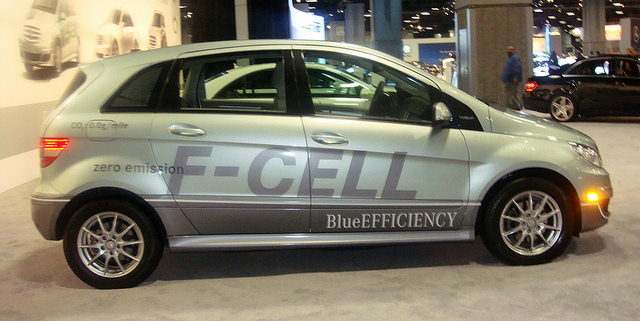Hydrogen Cars: a Fad or the Future?
Tesla’s Elon Musk oftentimes convinces us that battery electric vehicles (BEVs) are the future, adding that “hydrogen fuel cell cars are extremely silly, as it is very difficult to make hydrogen, store it, and use it in a car.” In fact, ever since first engineers proved that electricity can be generated through the reaction of oxygen and hydrogen, using platinum as a catalyst in 1839, the practical application of storing hydrogen evolved substantially. In the last year or so, almost all carmakers decided to join Toyota and Honda, the current frontrunners, in their hydrogen race.
Supportive of Musk’s reluctance, Daniel Cooper from Engadget claims that “BEVs are significantly cleaner than fuel cell vehicles (FCVs).” Indeed, a common method of hydrogen production involves separating it from natural gas (in the so-called “steam methane reformation” process), but work is well underway to obtain hydrogen from biomass, a process that would significantly cut the life-cycle emissions from hydrogen to around 60g/km CO2. In a similar vein, the Australian Government is starting to use brown coal to produce hydrogen under similar emissions. These levels are below those that BEVs will achieve, even when electricity is sourced from renewable sources, because of the environmental costs of battery production.

Photo: Mercedes-Benz F-Cell Class B, mariordo59, (CC BY-SA 2.0), Flickr

